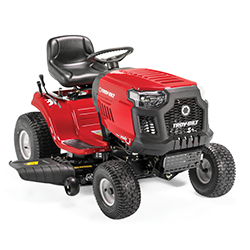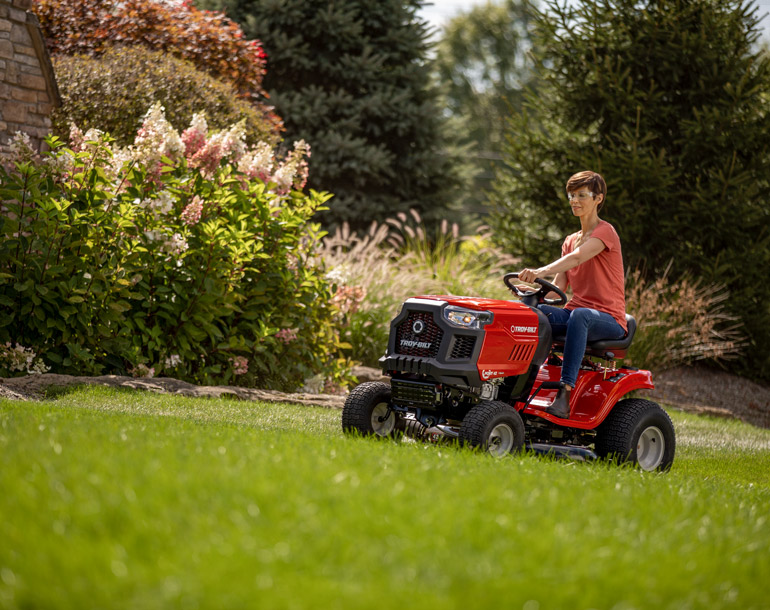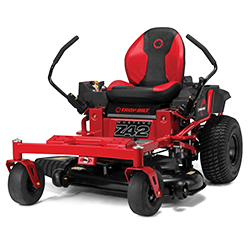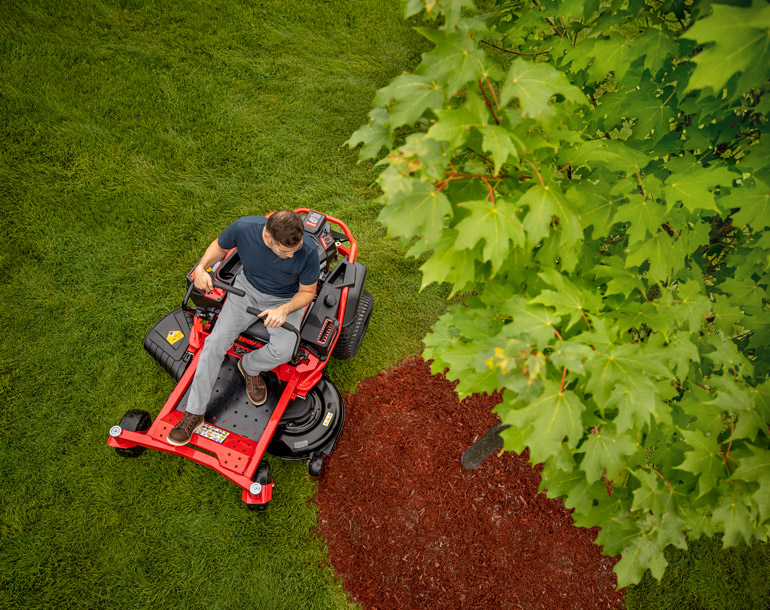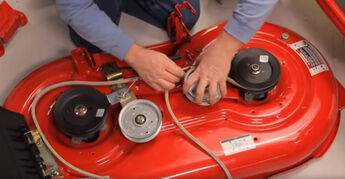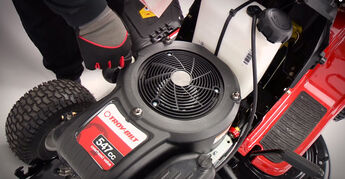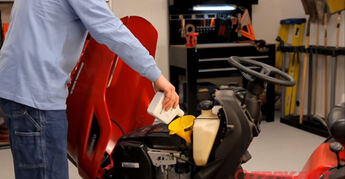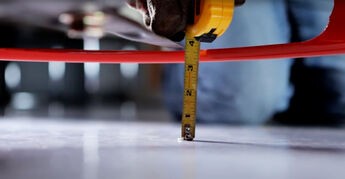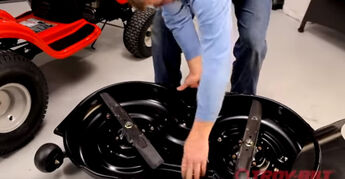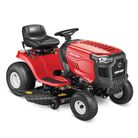
Free Shipping
Offer applies to Troy-Bilt® riding mowers, zero-turn mowers and garden tillers only on troybilt.com and for shipments only in the 48 contiguous states. Valid from 12:00 ET 3/15/2025 to- 12:00 ET 4/16/2025. Cannot be combined with any other discount or offer. The order must contain only qualifying products at checkout for discount to apply. If you return the merchandise, the value of this promotion is not refunded or credited to your account. Does not apply to prior or future purchases. No cash value, except where prohibited. Promotion is subject to change. Other restrictions may apply. See troybilt.com for details.
Have a question? Just Ask Troy. Simple answers to your questions in the yard.
Follow these steps to change the deck belt on your Troy-Bilt riding lawn mower in the comfort of your own garage!
Having trouble starting your riding mower? Here are some potential causes & ways to troubleshoot the problem so you can get back to mowing your lawn.
A few easy steps is all it takes to change the oil in your Troy-Bilt riding lawn mower.
If your riding mower is cutting uneven, then it may be time for a tune-up. See how to level a riding lawn mower deck to help provide a consistent cut for your lawn.
Worn blades can turn your grass brown. Make sure to sharpen or replace them frequently for the best results. Follow these steps to change your blade at home.
How to choose a riding lawn mower
There are several factors that can narrow your search for a riding mower. Those factors include yard size, type of terrain and what chores you want to tackle with your mower.
Riding Lawn Mower or Zero-Turn Mower?
Riding lawn mowers, traditionally known as lawn tractors or garden tractors, are designed to mow flat areas of grass or on land with hills, and also accept a variety of attachments. They are operated by a steering wheel and either a gas pedal or foot-controlled brake/clutch system. Their steerable front wheels provide added stability while mowing on hills and slight inclines.
Zero-turn mowers are ideal for larger, flat to slightly hilly yards and are designed to reduce mowing time. They are usually controlled by two lap bars that independently control the speed and direction of the rear wheels. This type of drive system, combined with front caster wheels, allows zero-turn mowers the ability to execute fast turns and makes them optimal for yards with obstacles to mow around.
Lawn Tractors vs. Garden Tractors
While they look very similar, lawn tractors and garden tractors are different machines.
- Lawn tractors are also designed to accept lightweight attachments such as grass baggers and snow plows, as well as pull dump carts and spreaders.
- Garden tractors typically have larger cutting decks and wheels than lawn tractors and are designed to accept heavier attachments, including garden tillers, as well as lighter attachments for a lawn tractor.
Drive Systems
Troy-Bilt riding lawn mowers come with several types of transmissions.
- A Shift-on-the-Go transmission allows you to change speeds without clutching or stopping.
- A hand-controlled hydrostatic transmission provides smooth drive control without stepping on a pedal.
- An automatic or hydrostatic foot-controlled transmission drives just like a car. The further you push the pedal down, the faster you go.
Think about Your Terrain
Lawn and garden tractors are suited to mow grass on a variety of terrains. They work well on flat, open areas of land with few obstacles, and also on slight inclines. For yards ranging from flat, open areas to slight inclines with many obstacles, a zero-turn mower would better suit your needs.
How Large is Your Yard?
Lawn and garden tractors are designed to handle large yards from less than one acre up to two acres. The rule of thumb when choosing a mower is that the bigger your yard is, the bigger the deck size you'll want. If you have less than one acre, a 34 or 42-inch deck will do the job. If you have a yard more than several acres in size, look for a 50-inch or 54-inch deck to cut more grass with each pass.
